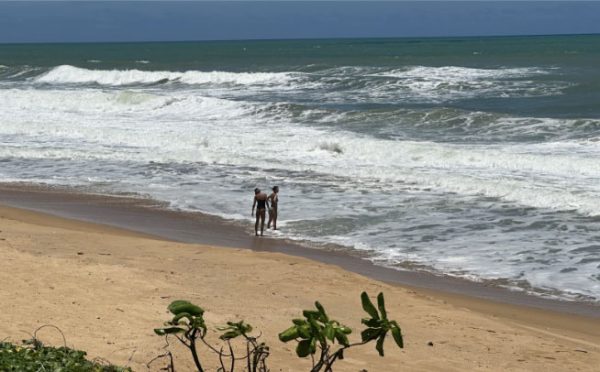BANGKOK, 4 September 2025: Thailand has unveiled sweeping hospitality law reforms, the first in decades, that promise to catapult the industry into the modern era.
Observers have suggested a new act will replace the outdated Hotel Act of 1994 with a modern framework that reflects how people travel today.

Gone are the days when “hotel” meant only big properties with marble lobbies. Now it may just as easily mean a homestay in Northeast Thailand, a luxury villa in Phuket, or an Airbnb condo in Bangkok. The new act brings all of these under one roof, aiming to regulate, tax, and encourage innovation while promoting sustainability.
Expanding the definition
The law will potentially broaden the definition of accommodation to include tents, rafts, eco-lodges, and homestays. A tiered system will allow small operators to register with a simplified notification process, rather than the whole licensing process, thereby lowering barriers for family-run or rural businesses.
A Super Licence will also cover multiple services under one approval, integrating building permits, guest registration, and operations into a single streamlined process. For a country attracting more than 35 million international arrivals annually, efficiency matters.
However, what is unclear is whether it is yet legal. Many say not. As of early September 2025, Thailand’s new Accommodation Act has not yet been formally promulgated in the Royal Gazette, meaning it is still at the draft and consultation stage under the Council of State.
While widely reported as a landmark reform intended to replace the Hotel Act BE 2547 (2004), the legislation remains under review, with industry groups, such as the Thai Hotels Association, actively voicing concerns. Until publication in the Gazette confirms its enactment, the act’s provisions on broader definitions, tiered licensing, and digital platforms remain proposals rather than enforceable law.
The new act’s potential Strengths for tourism revenue
Thailand hopes the reforms will generate significant new revenue while making tourism more inclusive and accessible.
By regulating platforms such as Airbnb, the government hopes to capture lost tax revenue worth billions of baht.
Five revenue strengths
Legalising short-term rentals and taxing them fairly.
Opening the door for thousands of small operators to enter the formal economy.
Diversifying accommodation types to appeal to eco-tourists, wellness travellers, and backpackers.
Introducing digital systems to reduce loopholes and under-reporting.
Encouraging investment through the Super Licence system, especially in hotels offering multiple services.
Five weaknesses
Concerns over fire, health, and guest safety if oversight weakens.
An uneven playing field where budget homestays undercut licensed hotels.
Tax collection may remain patchy in rural areas.
Mid-scale hotels could lose occupancy to unregulated alternatives.
Community tensions over noise, disruption, and cultural dilution.
Balancing Growth and Responsibility

The government insists the act will promote sustainable and responsible tourism, ensuring that community and environmental concerns are not sidelined. Yet, the Thai Hotels Association remains cautious, warning of risks to quality and standards.
For Thailand, the stakes are high. Tourism is a pillar of the economy, generating a significant percentage of the National GDP. If well enforced, the new act could boost revenues, support local businesses, and keep Thailand competitive as a regional leader. If poorly implemented, it risks undermining safety and trust. Further procrastination will only confuse potential investors.
About the Author
Andrew J Wood is a respected travel writer, hotelier, and tourism lecturer with over four decades of experience in Southeast Asia’s hospitality and tourism sectors. A former general manager of several leading hotels in Thailand and a regular speaker at international tourism forums, Andrew is widely recognised for his insight into emerging travel trends and his passionate advocacy for Thailand as a world-class destination. He is a past president of Skål International Asia, Thailand’s National President, and a two-time Past President of Skål International Bangkok. Andrew contributes regularly to leading regional and global travel publications






